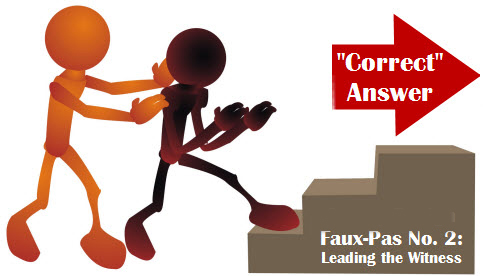I initially thought that due to how many years I have training in the 'Arts', I should choose between either;
BA Hons Professional Practice (Dance)
BA Hons Professional Practice (Drama)
BA Hons Professional Practice (Performing Arts)
BA Hons Professional Practice (Musical Theatre)
In order to help establish what my award title should be, I found it beneficial to find definitions of the above ideas;
(These definitions are the ones I consider to be most applicable for my use. All definitions found at www.oxforddictionaries.com)
Dance:
Drama:
...The activity of acting:teachers who use drama are working inpartnership with pupils
Performing Arts:
...Forms of creative activity that are performed in front of an audience, such as drama, music, and dance:a centre for the performing arts
Musical Theatre:
...A genre of drama in which singing and dancing play an essential part:a successful professional career in musical theatre
I then considered including 'education' or 'teaching' alongside one of these options, for example;
BA Hons. Professional Practice (Dance Teaching)
BA Hons. Professional Practice (Drama Education)
However on further reflection upon the years spent training within dance, drama and musical theatre as a performer, I felt that I should not restrict myself at this point in my career by emphasising that I am just a teacher rather than both a teacher and performer.
Another exploratory path I took, was to use my professional network to assess what my colleagues Degree studies had involved. This made me rule out 'Performing Arts' as this had apparently been mostly exploratory of Physical Theatre, something in which I have had little experience and therefore, awarding myself this title, I would feel like a fraud! Again, with a 'Musical Theatre' title, there would instantly been implied singing aspects, which although I have worked as a singer in the past, I would not want to become a music teacher at any point.
As I already have accredited qualifications in Dance (through the ISTD) which are well recognised when applying for dance teaching positions, coupled with the fact that I would like to progress on to a PGCE in Secondary Drama (an area in which I have a great deal of experience professionally, as both a performer and teacher, but no official accreditation of this as yet), upon completion of the BAPP I have decided that the most suitable award title would be;
BA Hons. Professional Practice (Drama)
Rationale:
Training at the prestigious 'Italia Conti' School on the 'Performing Arts and Musical Theatre' (three year programme) course, before working professionally as an actress, presenter and dancer, I feel I have lots of knowledge and expertise within this area. Throughout my training and professional career, I have always had a passion for teaching. I am currently teaching drama and dance to pupils ranging between three and eighteen years as well as adults. The professional knowledge I have gained throughout my performing career plays a huge role within my daily














